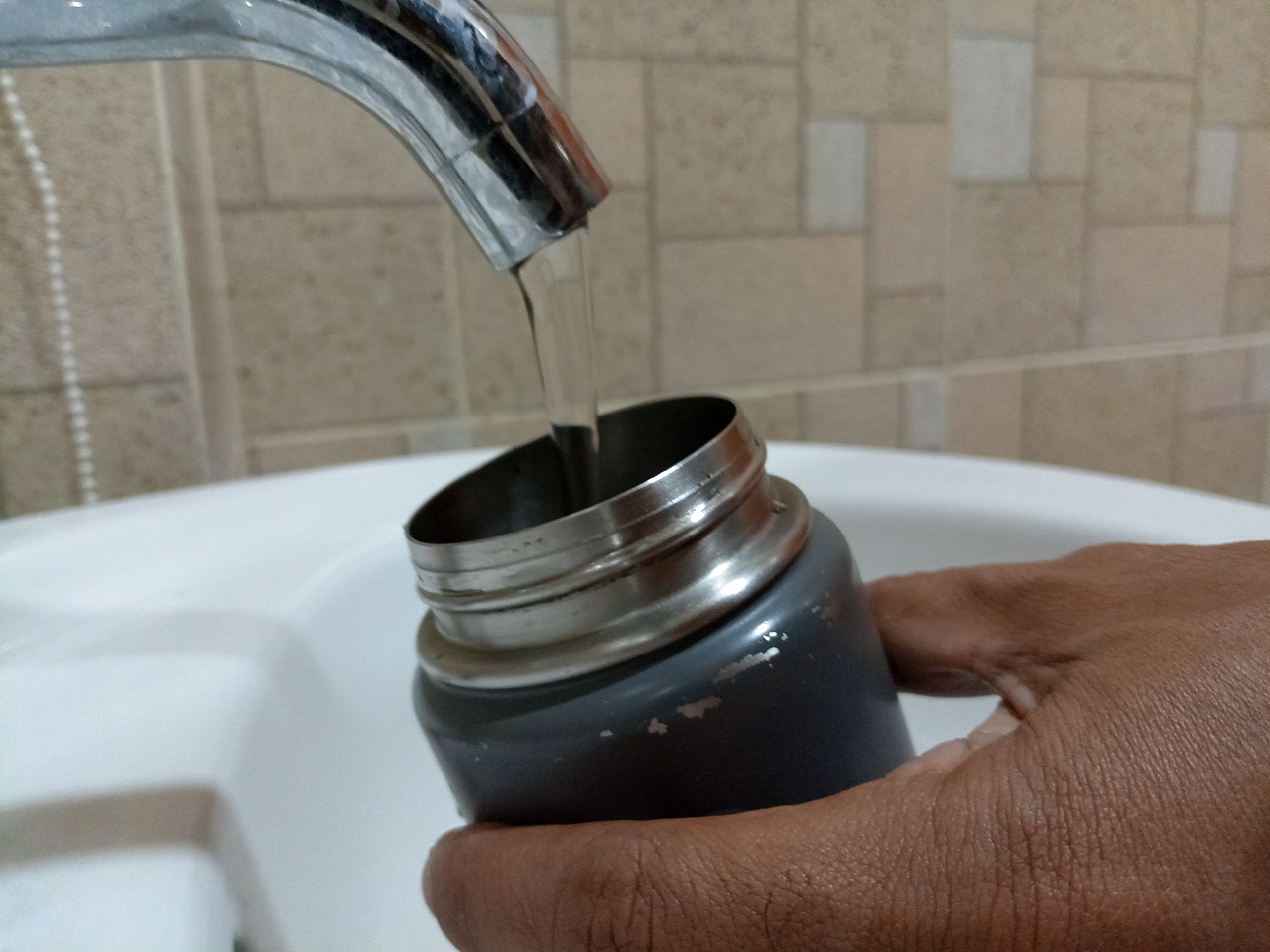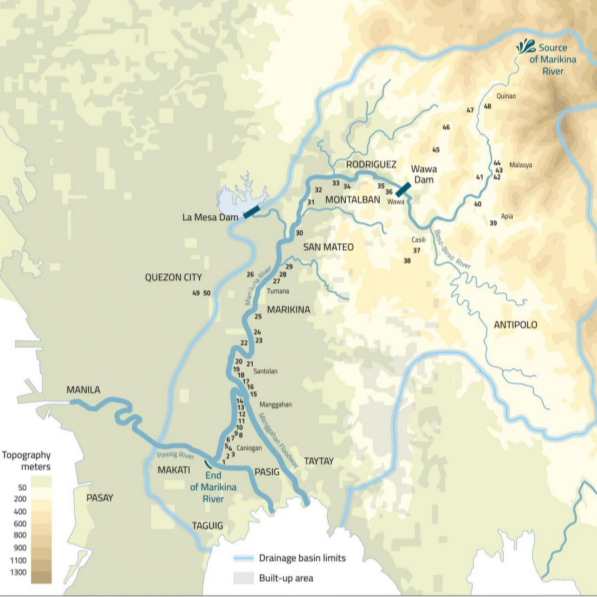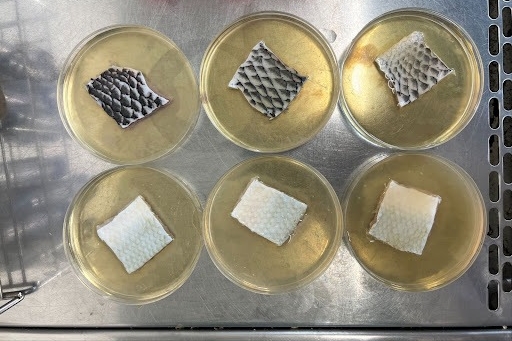
Quezon City, Philippines – A new study highlights the importance of incorporating local people’s perceptions into water quality assessments. Anthropologists from Ateneo de Manila University and Wageningen University conducted a qualitative study along the Marikina River. They explored how communities evaluate water safety.
The researchers found that people primarily rely on their senses — sight, taste, and smell — to assess water quality. While clear water is often considered safe, taste and smell also play crucial roles. For example, sweet-tasting water is preferred over rusty-tasting water, even if both are clear.

Moreover, the study revealed that people view water quality as dynamic. It is influenced by various factors, including recent weather events and socioeconomic conditions. Access to clean water is often determined by economic status. Urban communities rely on bottled water or water refilling stations. Meanwhile, upstream communities tap into natural sources.
The researchers emphasize the need for policymakers to consider local experiential knowledge when developing water purification and distribution strategies. By understanding how people perceive “good” water, authorities can better handle issues like microplastics contamination. This contamination is invisible to the senses.



